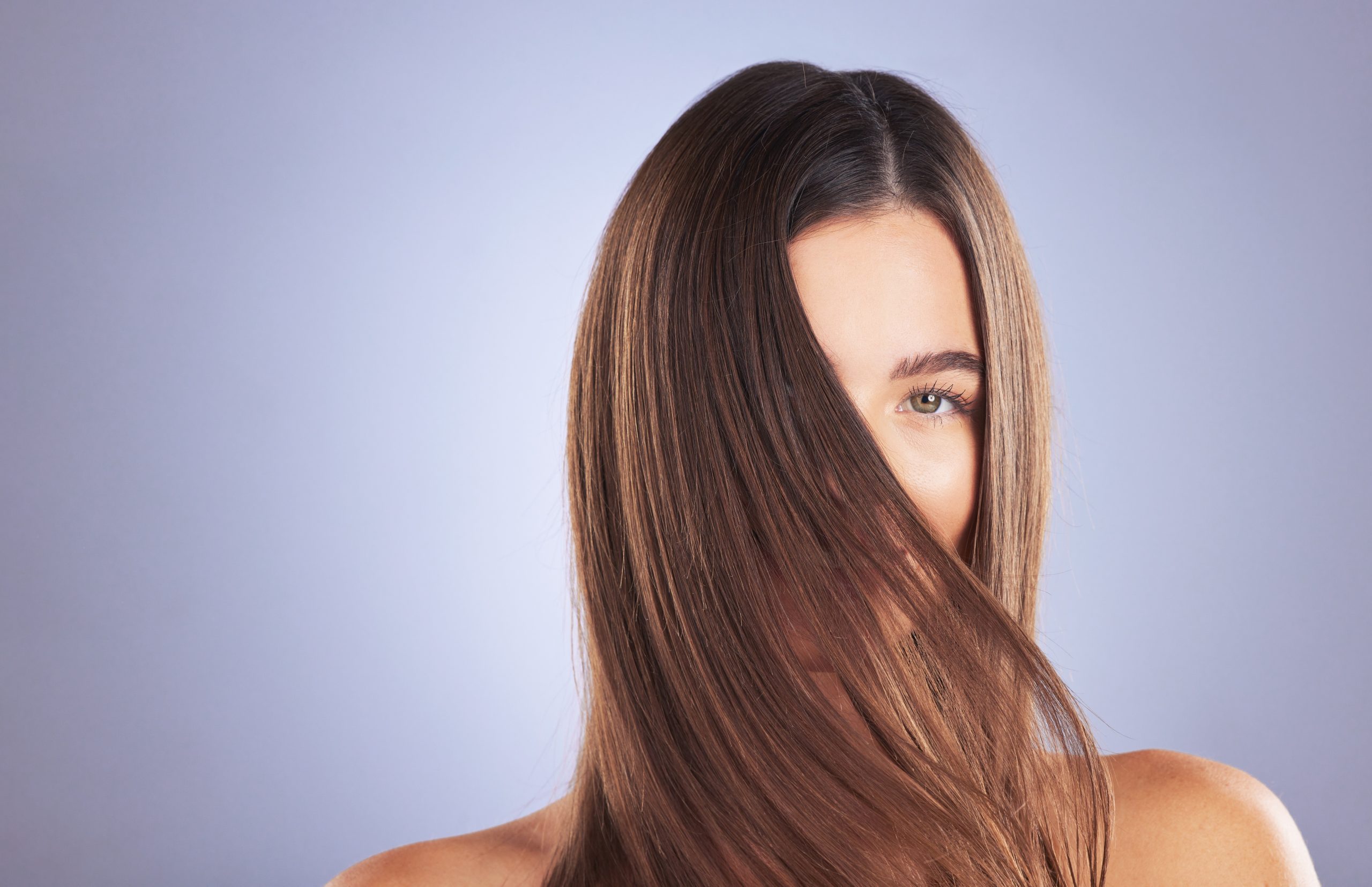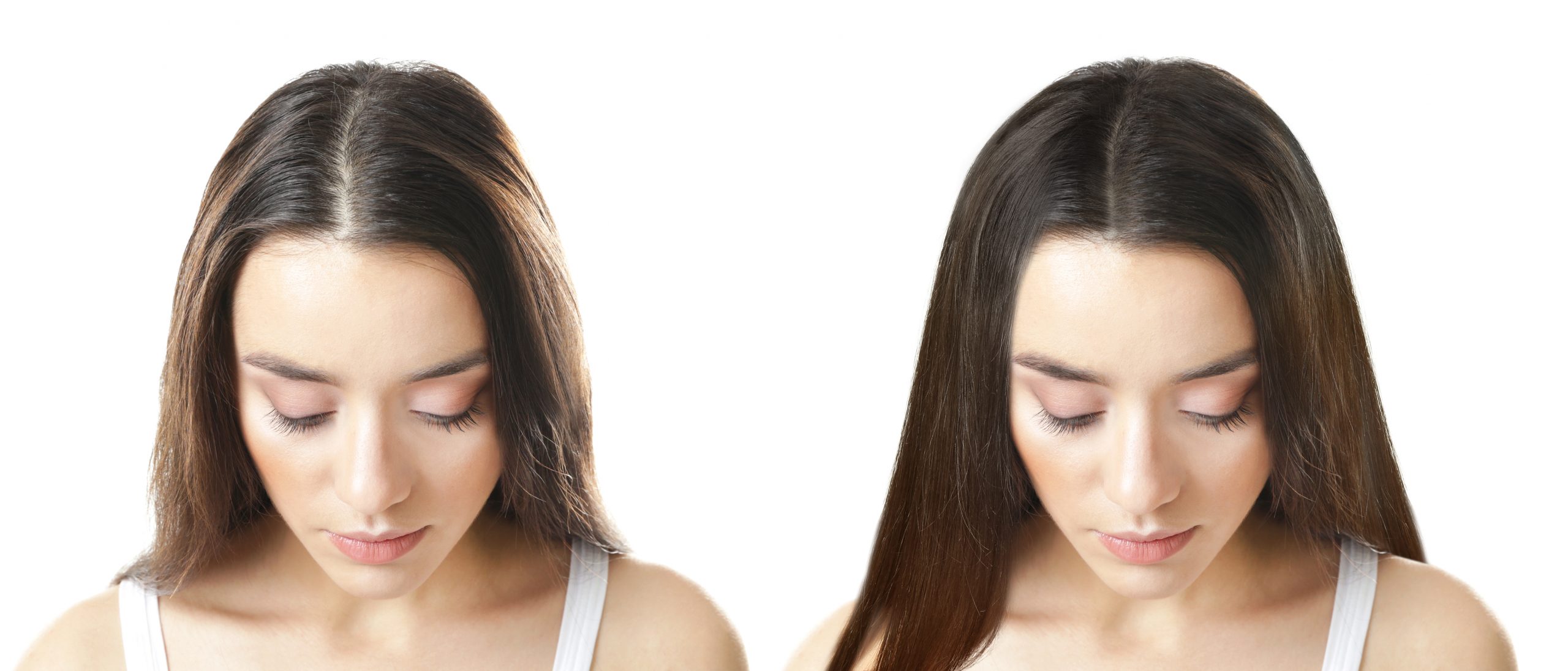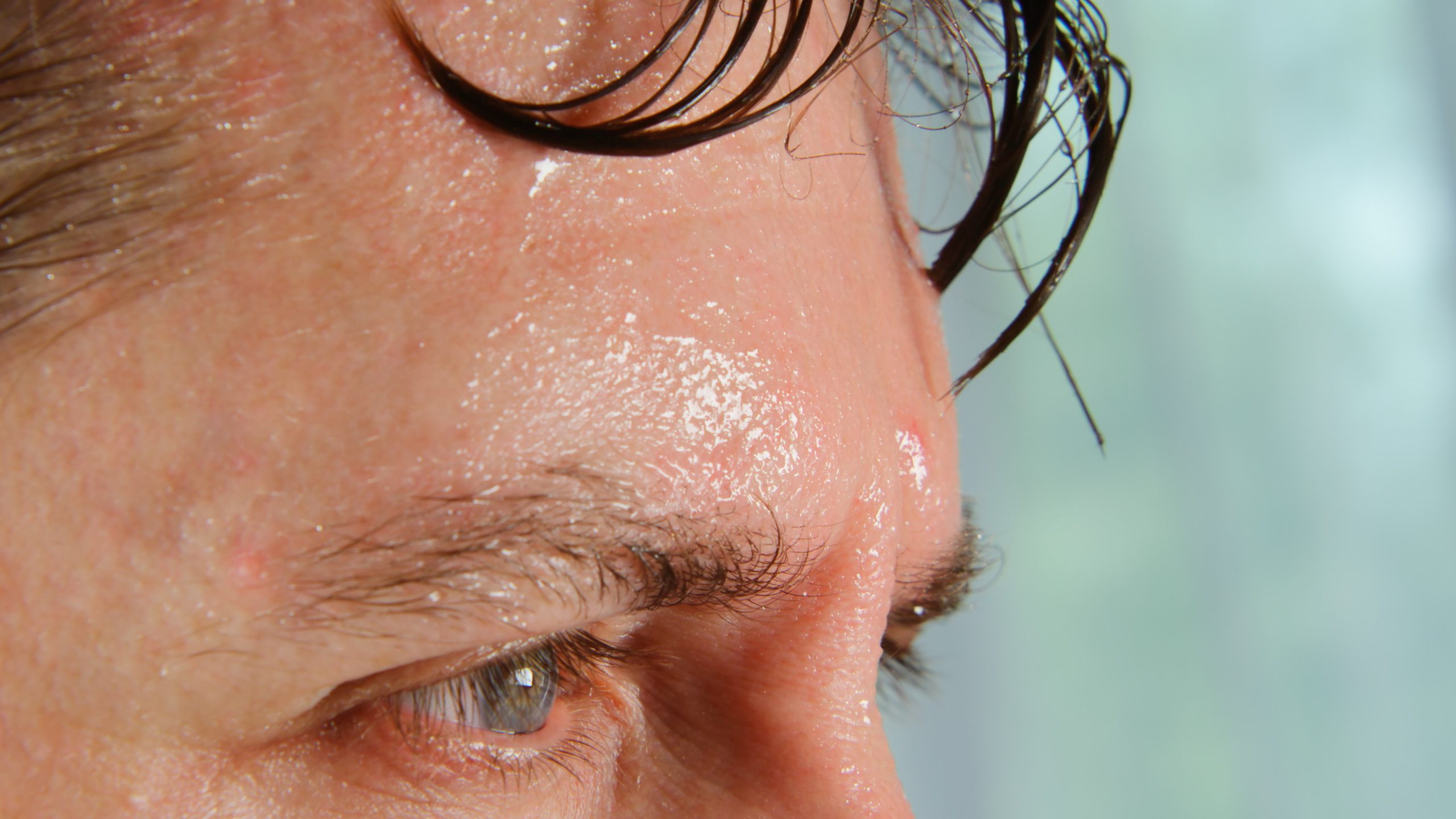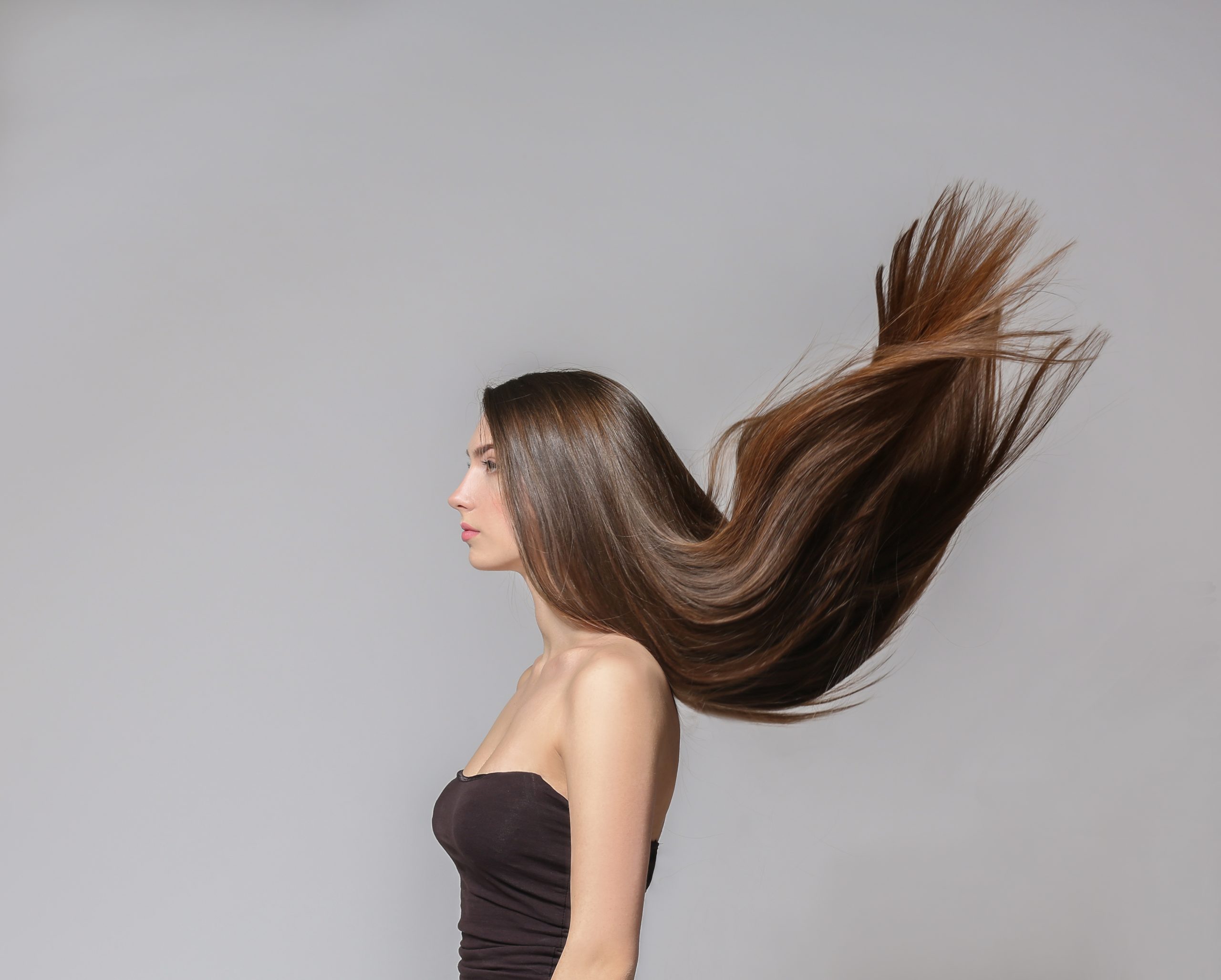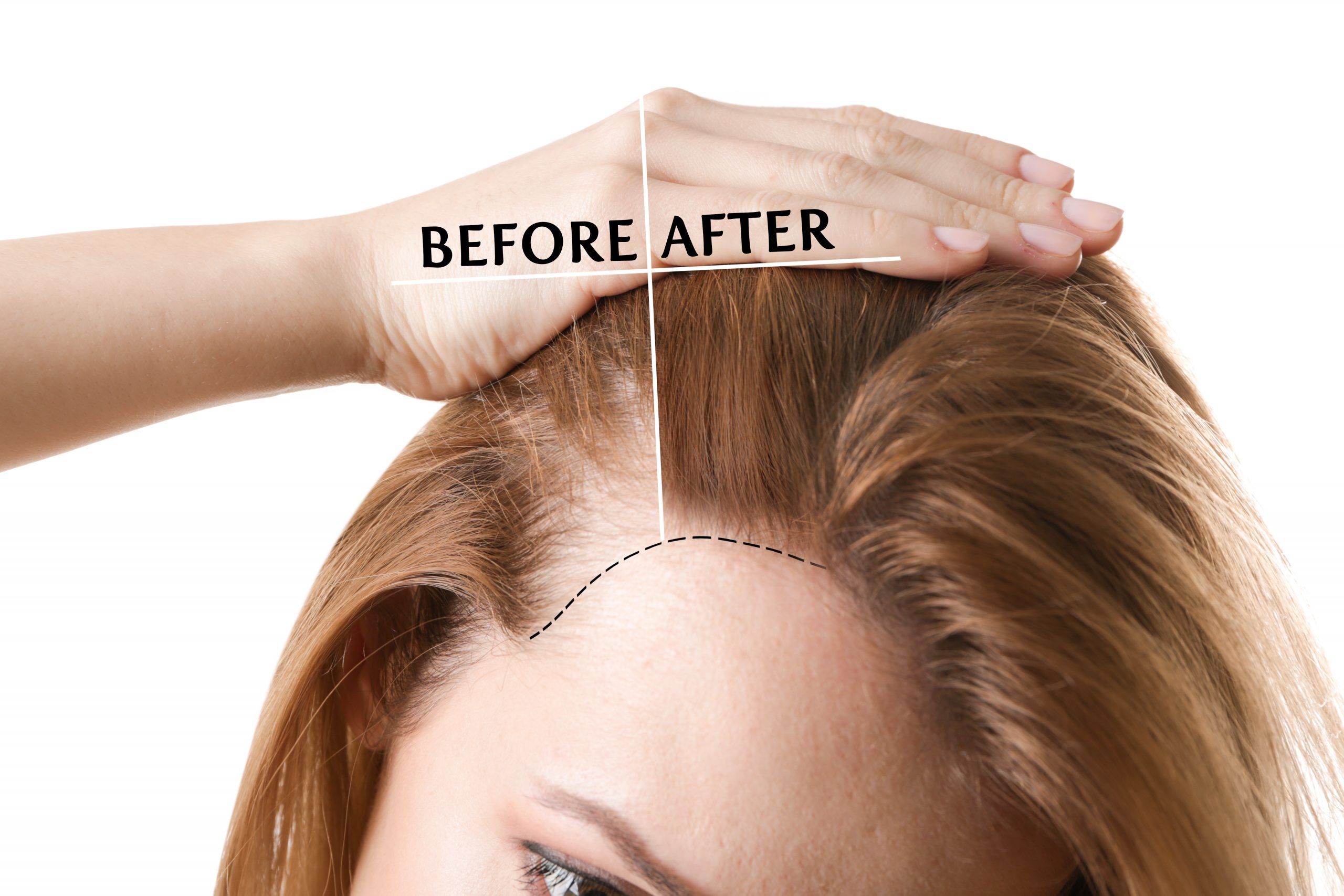Having a healthy head of hair is often associated with beauty, confidence, and vitality. While genetics and external factors play a significant role in hair growth, the role of vitamins and minerals should not be overlooked. Adequate levels of certain vitamins and minerals are essential for promoting hair growth, preventing hair loss, and maintaining overall hair health. In this article, we will explore the role of vitamins and minerals in promoting hair growth and provide insights into how you can optimize your nutrient intake for luscious locks.
- Vitamin A:
Vitamin A is crucial for healthy hair growth as it helps produce sebum, a natural oil that moisturizes the scalp and keeps hair follicles healthy. It also aids in the production of keratin, a protein that makes up the structure of hair strands. Including vitamin A-rich foods such as carrots, sweet potatoes, spinach, and liver in your diet can help nourish your hair from within.
- B-Vitamins:
B-vitamins, including biotin, niacin, and pantothenic acid, are essential for healthy hair growth. Biotin, in particular, is often referred to as the “hair growth vitamin” as it helps strengthen hair strands, prevent hair breakage, and promote healthy hair growth. Other B-vitamins contribute to scalp health and improved blood circulation, ensuring that hair follicles receive adequate nutrients. Incorporate foods like eggs, nuts, seeds, whole grains, and leafy greens to boost your B-vitamin intake.
- Vitamin C:
Vitamin C is a powerful antioxidant that supports the production of collagen, a protein that aids in the strength and elasticity of hair. It also helps in the absorption of iron, a mineral that is vital for healthy hair growth. Including vitamin C-rich foods such as citrus fruits, berries, peppers, and leafy greens can enhance hair health and promote growth.
- Vitamin D:
Vitamin D plays a role in hair follicle cycling and is necessary for the activation of hair growth. Adequate levels of vitamin D can help prevent hair loss and promote the growth of stronger, healthier hair. While the sun is a natural source of vitamin D, it can also be obtained from fatty fish, fortified dairy products, and supplements.
- Iron:
Iron deficiency is a common cause of hair loss, as it plays a crucial role in delivering oxygen to hair follicles. Including iron-rich foods such as lean meats, beans, lentils, spinach, and fortified cereals can help maintain optimal iron levels and support hair growth.
- Zinc:
Zinc is involved in cellular growth and repair, including the growth of hair follicles. A deficiency in zinc can lead to hair loss and thinning. Foods rich in zinc include oysters, beef, pumpkin seeds, and legumes.
- Omega-3 Fatty Acids:
Omega-3 fatty acids, particularly those found in fatty fish like salmon, mackerel, and sardines, have anti-inflammatory properties that can promote a healthy scalp and support hair growth. They also help nourish hair follicles and prevent dryness and brittleness.
- Selenium:
Selenium is an essential mineral that supports hair growth by protecting hair follicles from damage caused by oxidative stress. Brazil nuts, seafood, and whole grains are good sources of selenium.
It’s important to note that while vitamins and minerals are essential for hair growth, excessive intake of certain nutrients can have adverse effects. It’s best to obtain these nutrients through a balanced diet rather than relying solely on supplements. Additionally, consulting with a healthcare professional or a registered dietitian can help ensure that you meet your specific nutrient needs for optimal hair health.
In conclusion, vitamins and minerals play a








